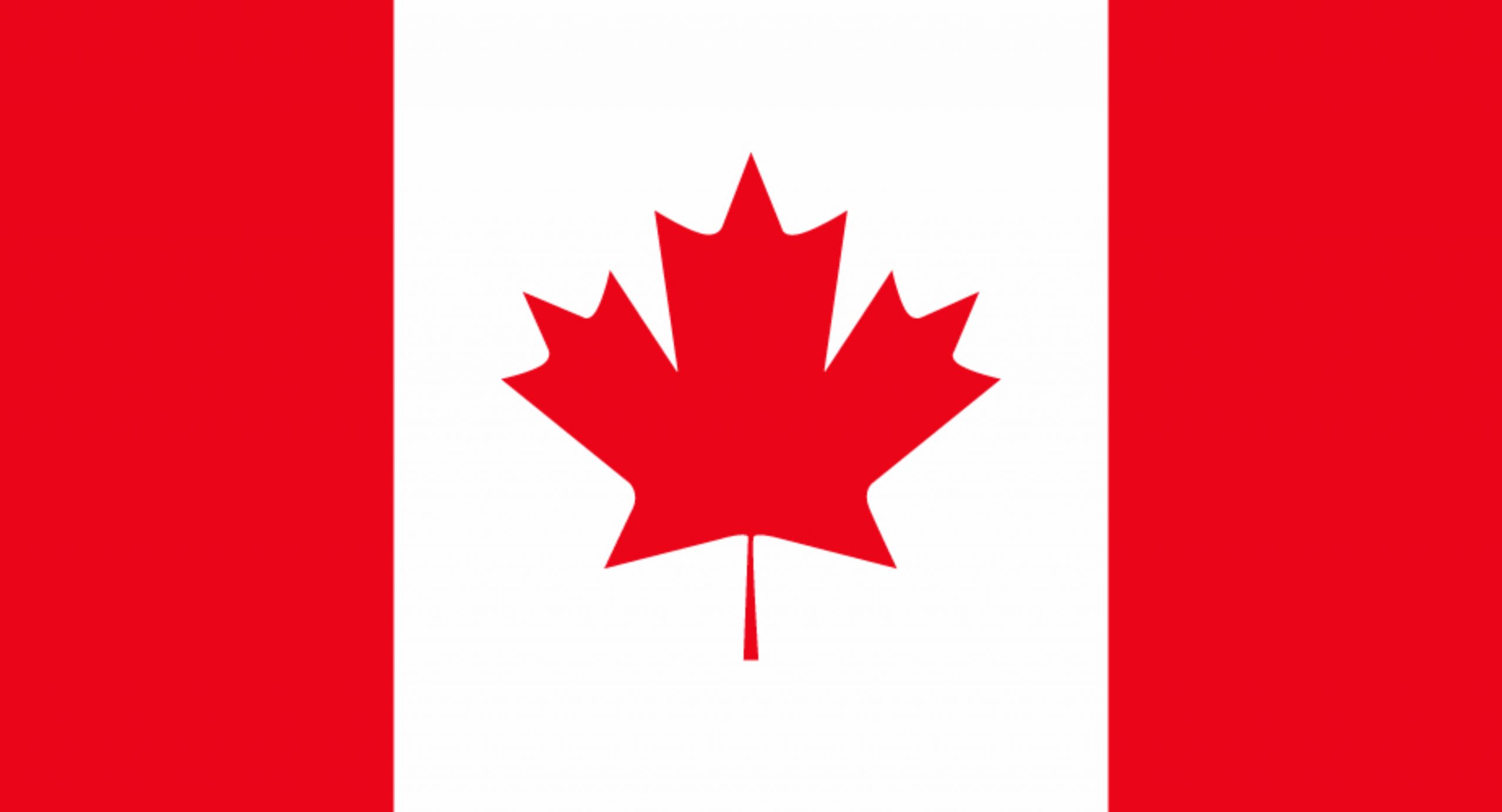How to Import Goods from Canada to Nigeria – A Beginners Guide
How to Import Goods from Canada to Nigeria – A Beginners Guide.
If you’re looking to import goods to Nigeria, there are a few things you need to consider. This guide will provide you with a basic understanding of what you need to do in order to successfully import goods. Additionally, this guide will provide you with some helpful tips on how to save money and get the best price for your goods.
Importing Goods to Nigeria
There are a few things you need to consider when importing goods to Nigeria.
First, there is the issue of logistics. For instance, what type of shipping you choose will depend on your costs and how far you want to go in Africa. In addition, some goods may be subject to local customs and regulations that may make it impractical or even impossible for you to import them.
Additionally, certain goods such as electronics require special handling. What kind of customs clearance process will apply? What documents do I need to submit? How long does it take? How much money can I expect to spend on shipping? These are just a few questions you’ll need answers to before committing to importing goods into Nigeria.
How to save money when importing goods to Nigeria
Once you’ve determined that your goods are worth importing, it’s important to calculate the cost of shipping. This can be a very difficult task for small businesses to figure out. It will require a lot of research and careful analysis of costs. For example, if it’s possible to buy from an overseas supplier in Nigeria at a cheaper price than buying from your local supplier, then why wouldn’t you?
One of the best ways to save money on shipping is to use an international courier service like UPS or FedEx . These companies offer international shipping services that are affordable and can get your goods to where they’re needed faster than other methods. If your goods have value and make sense for this market, then you should consider using them.
Tips for better quality when importing goods to Nigeria
When it comes to importing goods to Nigeria, there are a few things you need to consider. This guide will help you get the best quality when you’re importing them. It’ll also provide you with some helpful tips on how to save money and get the best price for your goods.
To be able to import goods successfully, you have to know about the requirements for importing customs clearance. The regulations for imports differ from country-to-country, but generally speaking, the requirements include:
A Non-EU member country must abide by all of these requirements in order to facilitate imports There are two types of permits: Type A permits allow a company’s employees or agent-investors (such as an import broker) who have been granted permission by a government agency or company in another country to enter without going through formal channels Type B permits allow a company’s employees or agent-investors (such as an import broker) who have been granted permission by a government agency or company in another country under certain conditions (usually financial) to enter without going through formal channels
The Import Process
: What You Need to Know
Borders is a common problem for all international customers. However, for some goods (especially electronics), the situation can be even worse. For instance, you may need to cross borders in order to get an electronic device that has a warranty on it.
In this piece, we’ll look at importing goods and what you need to consider when doing so.
As a new business owner, you may want to import goods by air or sea, but there are also other options available. In order to maximize your shipping costs, it’s important that you research which method will best suit your business’ needs. This guide will help you do just that!
Conclusion
If you’ve ever looked at the price of imported goods in Nigeria, you’ll probably find it’s way cheaper than the price at home. But guess what? This is not always true. In fact, there are many instances when the prices at home are higher than they are in Nigeria. For example, you can buy a good quality pair of shoes, like Nike or Adidas, at a store in Nigeria and they will cost you $50 or $60. On the other hand, you can buy that same high-quality pair of shoes in Europe and they will cost you $100-120.
What all this means is that when you’re importing goods to Nigeria, it is necessary to follow certain steps that you can use to save money. This guide will show you how to import goods from Nigeria to your home country and save money.








LEAVE A COMMENT
You must be logged in to post a comment.